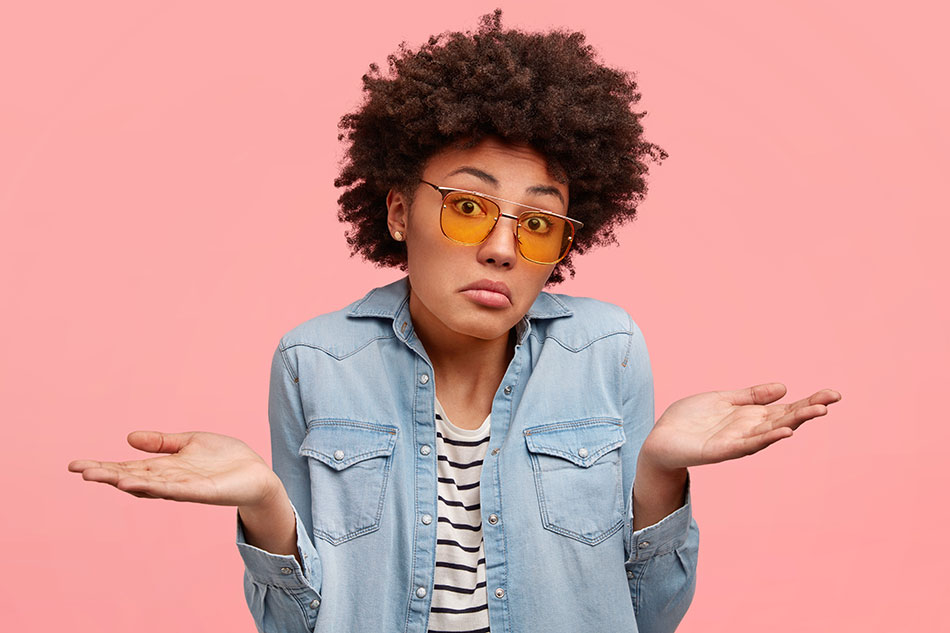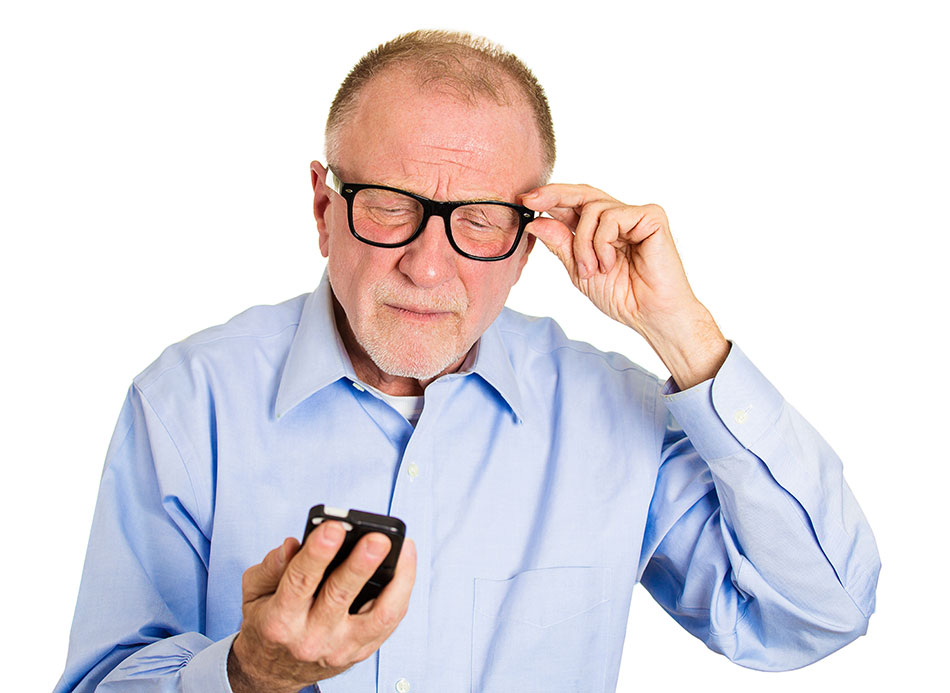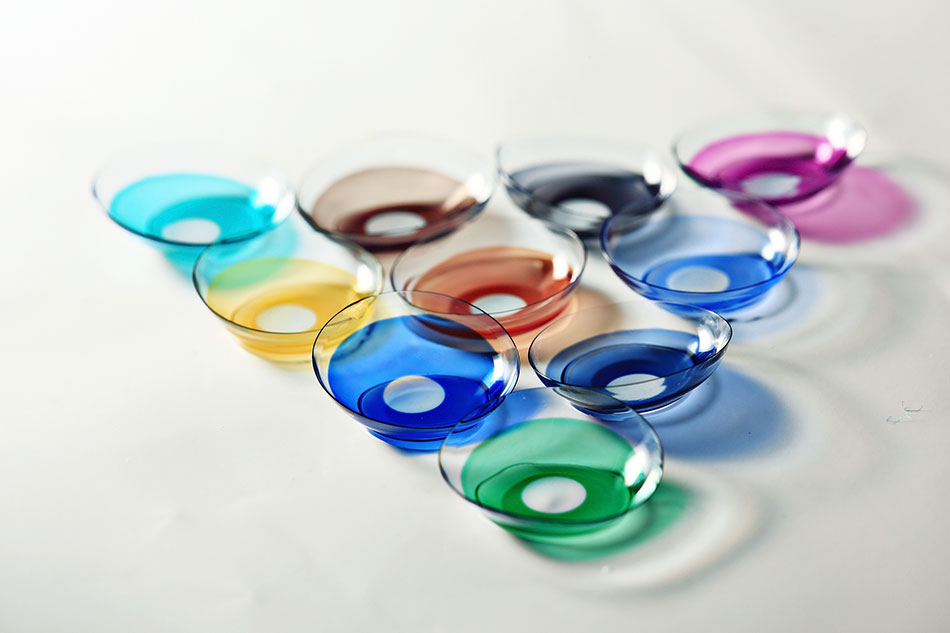Am I Eligible to Wear Contacts?

Are you tired of constantly adjusting your glasses? You might be the perfect candidate for contact lenses. Around 75% of Americans need some form of vision correction, and millions of them choose contacts as their preferred option.
Glasses provide excellent vision correction, but contacts can offer convenience, comfort, and style. If you have ever asked yourself, “Am I eligible to wear contacts?” this guide will help you understand whether contact lenses are right for you.
Can Anyone Wear Contacts?
Contact lenses are a valid option for most people. However, there are certain conditions that may make wearing contacts difficult, including:
- Frequent or severe eye infections
- Chronic dry eyes
- High exposure to dust, smoke, or irritants
- Severe allergies affecting the eyes
- Special conditions like keratoconus that require custom lenses
If any of these apply to you, consult with your eye doctor before trying contact lenses.
Who Can Wear Contacts?
The good news is that most people can wear contacts successfully. In fact, about 9 out of 10 people who want to wear contacts are eligible. If you don’t have one of the conditions listed above, chances are high that contacts can work for you.
Common Myths About Contact Lens Eligibility
Many people avoid contacts because of outdated information. Here are some common myths — and the facts that prove them wrong:
Myth 1: My Astigmatism Prevents Me From Wearing Contacts
Modern lenses like toric contacts and large-diameter hard lenses are designed to correct astigmatism, even in severe cases.
Myth 2: I Am Too Old to Wear Contacts
Age is not a limitation. There are bifocal, multifocal, and monovision lenses that can correct presbyopia and keep your vision sharp as you age.

Myth 3: Contacts Are Too Expensive
If you can afford glasses, you can usually afford contacts. Many types are cost-effective, and insurance often covers part of the expense. Rebates and discounts can lower costs further.
Myth 4: My Eyes Are Too Sensitive

Advances in silicone hydrogel lenses provide excellent moisture retention and comfort. Many users forget they are even wearing them.
Myth 5: I Do Not Have Time to Wear Contacts
With practice, inserting and removing contacts takes less than a minute. Most wearers find them more convenient than constantly searching for their glasses.
Benefits of Wearing Contact Lenses
Switching from glasses to contacts can improve your vision, comfort, and confidence. Here are some of the main advantages:
Optimum Vision
Contact lenses offer you a more complete visual field than glasses. There are a few reasons why:
- They lie directly over the cornea, reducing vision distortions.
- Contacts move with your eye, offering you a full range of vision.
- There are no frames that can block your vision.
- Fogged up contact lenses just don’t happen.
Contacts offer the most natural viewing for those needing vision correction.
Safety
Contacts provide a safer option for driving since they do not obstruct your peripheral vision like glasses. They also do not pose the risk that glasses do when you’re playing sports or participating in other physical activities.
Comfort
If you find that the bridge of your nose feels sore or that your temples ache, you may want to consider contacts. Contact lenses fit comfortably on your eyes without the annoying frames or bands.
Free Your Eyes!
Glasses can take away from your natural beauty, as they cover part of your face. Moreover, they cover your eyes, one of your most important means of communication and bonding. Contacts allow you to show them off!
Confidence Boost

Many people feel self-conscious about wearing glasses. We admit that there are some negative stereotypes about glasses.
Another great thing about contacts is that they never impede your personal style. They can even add a boost to your outfit, especially if you choose colored ones. After all, variety is the spice of life!
Contact lenses can offer you vision correction and fashion support!
What Type of Contacts Will Work Best for Me?
There is a wide range of contact lenses available to best fit each person's eyes and lifestyle. Lenses can either be hard or soft depending on the material used to make them.
Disposable Lenses
Disposable lenses come in a range of types and colors to fit your needs. You discard them at the end of each day, so you reduce your chances of irritation. They are generally silicone hydrogel lenses designed to give you maximum comfort.
Weekly Lenses
These are a type of daily wear lenses. You can wear each pair of contacts for a week, but you must remove, clean and store them each evening. These lenses are also cost-effective.
Monthly Lenses
Monthly contacts are another form of daily wear lenses. The duration of each pair is up to a month. And, just like weekly contacts, you still have to maintain a daily cleaning regimen.
Spherical Contacts
This is a specific type of lens design which distributes the corrective power throughout the lens. They are useful for correcting myopia (nearsightedness) and hyperopia (farsightedness).
Toric Contacts
Toric contacts work well for people with astigmatism, myopia and hyperopia. They have different corrective capacities in the various meridians of each lens.
Multifocal/Bifocal Contacts
Remember the bit about never being too old for contacts? Well, these lenses will work perfectly to correct your presbyopia!
Monovision Contacts
This type of contact lens also works for presbyopia. Plus, if your eyes see differently, monovision contacts can correct each eye independently. So you may have one for nearsightedness and another lens of the eye that is farsighted.
Colored Contacts
Maybe you want to add a little color to your life. Colored lenses come in both prescription and non-prescription options. They allow almost anybody to switch it up a little (or a lot)!

Contact(s) Us!
There is a 90% chance that you are eligible for contact lenses. Remember, we threw out those obsolete excuses for not switching to contacts.
Get ready to check with your optometrist to make sure that you have all the information you need about your treatment options.
When you're ready to wear contacts, contact us!
FAQs: Am I Eligible to Wear Contacts?
Can anyone wear contact lenses?
Most people can. Only those with certain eye conditions, severe dryness, or frequent infections may not be eligible.
Are contacts better than glasses?
Contacts offer a wider field of vision, greater convenience for active lifestyles, and cosmetic freedom. Glasses remain a good option for certain users.
Can children wear contact lenses?
Yes. Many eye doctors recommend daily disposables for kids and teens to reduce the risk of improper cleaning.
Do contact lenses hurt to wear?
Modern lenses are designed for comfort. Most people find them easy to adapt to within a week.
How do I know which contacts are right for me?
Your eye doctor will evaluate your prescription, lifestyle, and comfort needs to recommend the best type of lens.
